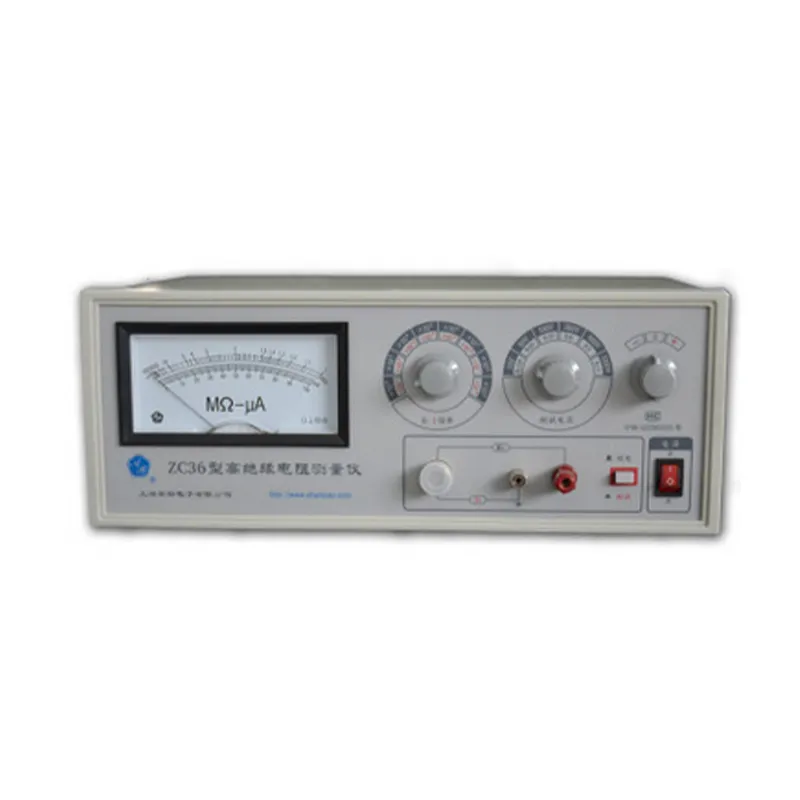Exploring the Performance and Features of Tensile Testing Machines for Material Analysis
Understanding Tensile Testing Machines Principles and Applications
Tensile testing is a critical procedure in materials science and engineering that evaluates the mechanical properties of materials, particularly their strength and ductility. At the heart of this testing process lies the tensile testing machine, a sophisticated apparatus designed to apply controlled tension to a sample material until it deforms or fractures.
Principles of Tensile Testing
The fundamental principle of tensile testing is relatively straightforward it involves pulling a specimen apart under a controlled force. The test begins with a sample, often a standardized bar of material, which is precisely measured in terms of dimensions. The tensile testing machine grips the material at both ends and applies a steadily increasing tensile force. As the force increases, various measurements are taken, including elongation and cross-sectional area reduction.
During a tensile test, several key mechanical properties can be determined. These include
1. Yield Strength The point at which the material begins to deform plastically. 2. Ultimate Tensile Strength (UTS) The maximum stress the material can withstand before failure occurs. 3. Elongation A measure of how much the material can stretch before fracture. 4. Reduction of Area The decrease in cross-sectional area at the point of fracture.
These properties are crucial for engineers and designers, as they dictate how materials will perform under different loading conditions.
Types of Tensile Testing Machines
tensile tests machine

Tensile testing machines vary widely in design and capability, depending on the specific requirements of the test. Some common types include
1. Universal Testing Machines (UTMs) These machines can perform various tests, including tension, compression, and bending. They are versatile and widely used in laboratories. 2. Hydraulic Testing Machines These machines utilize hydraulic power to generate high forces, making them suitable for testing large or heavy samples. 3. Electromechanical Machines These machines use electric motors and screw mechanisms for precision tension application, ideal for testing smaller samples.
Each of these machines is equipped with advanced sensors and data acquisition systems to monitor the test in real time. Software often accompanies these machines, enabling operators to analyze the data easily and generate comprehensive reports.
Applications of Tensile Testing
Tensile testing machines find applications across various industries, including
- Manufacturing To ensure that materials used in products meet specified strength standards, thus ensuring reliability and safety. - Construction Assessing the tensile properties of materials like steel and concrete is critical for ensuring structural integrity. - Aerospace and Automotive Testing materials used in aircraft and vehicles ensures they can withstand the extreme stresses encountered in service. - Research and Development Material scientists use tensile tests to explore new materials and improve existing ones, pushing the boundaries of engineering.
Conclusion
In summary, tensile testing machines are indispensable tools in the realm of material science and engineering. They provide essential data that guide the selection of materials for various applications, ensuring safety, reliability, and performance. As technology continues to evolve, the sophistication of tensile testing machines will likely increase, incorporating more advanced sensors and automation features, paving the way for even more precise and efficient material testing. With the ongoing demand for high-performance materials in modern applications, the importance of tensile testing will only continue to grow in the future.
-
The Role of Tensile Force Testers in Quality Control and Material Science
NewsAug.01,2025
-
Maintenance and Safety Tips for Aging Ovens
NewsAug.01,2025
-
Density Balance in Forensic Science
NewsAug.01,2025
-
Advanced Optical Measurement Technologies
NewsAug.01,2025
-
A Buyer’s Guide to Tensile Test Machines
NewsAug.01,2025
-
Why the Conductor Resistance Constant Temperature Measurement Machine Redefines Precision
NewsJun.20,2025
 Copyright © 2025 Hebei Fangyuan Instrument & Equipment Co.,Ltd. All Rights Reserved. Sitemap | Privacy Policy
Copyright © 2025 Hebei Fangyuan Instrument & Equipment Co.,Ltd. All Rights Reserved. Sitemap | Privacy Policy

